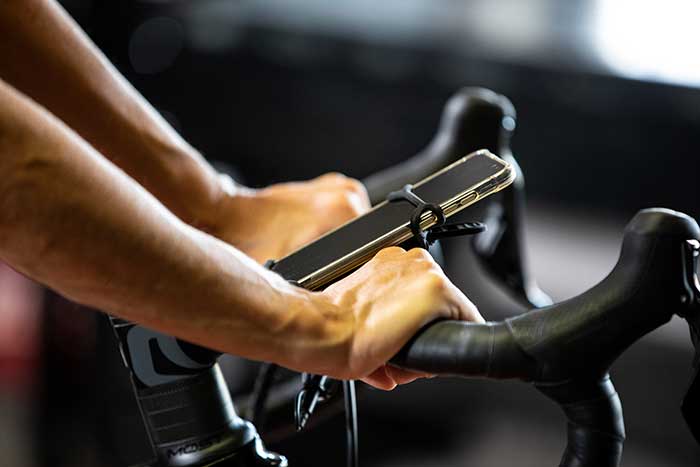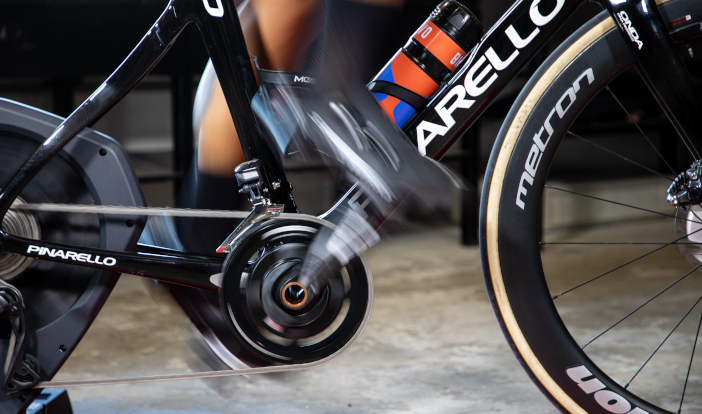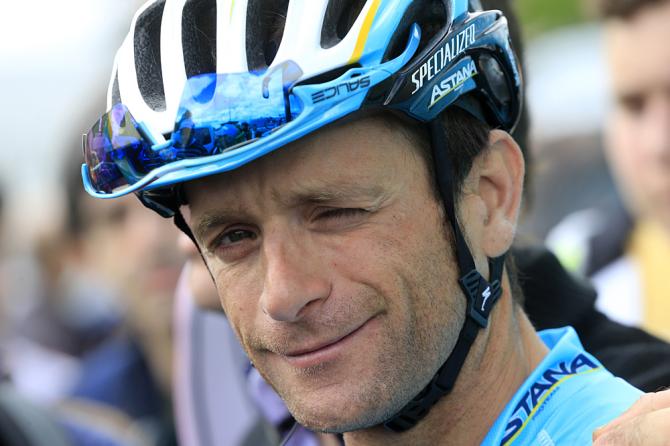Every year about 500 cyclists die. A terrifying and worrying number. To, however, reduce this to a fight between cars and bikes is to oversimplify the problem. There should be a wider and more complex discussion. Let’s take a closer look together.
I would have preferred to write a piece on a more fun and positive issue, but I admit that the tragedy that hit the Scarponi family touched me deeply. It’s because of this that I feel the need to personally reflect on some questions which go beyond sport and would like to share these with you.
We live like we are immortal, caught up in our desires, disappointments, fears, commitments and obligations.
We live as if we can control everything, as if we have a strong grip on our circumstances, as if we can decide about what will happen in our future and determine our choices.
I think of the end, of death, very rarely because I am perpetually pulled along by that life force that wakes me up in the morning and fills my head with ideas, projects, things to do and deadlines to be respected.
Tragedies like this one, however, force me to reflect on the fleetingness and fragility of things. It shows that you can be deeply committed to something and believe in that what you do, but you are then confronted with your limits and feel impotent, small, helpless and vulnerable in front of something bigger.
I didn’t know Michele well. I had spoken briefly with him during Ride 4 life some years ago. Neither did I know his wife well. We passed each other on the cycling lane at Livigno. She with her twins, I with my young children. We saw each other, greeted each other, nothing more.
As soon as I heard the terrible news I immediately thought of her and their children. I imagined her and the goodbye before the bike ride. A scene that all of us who are passionate about cycling (or who have family members who cycle as a hobby or a profession) are familiar with. My god, how many times have we asked: “how long will you be out for dear?”. A kiss and off they are. You watch them while they open the gate and disappear around the corner.
How many times? Thousands.
So many times, that by now it has become a habit, an afterthought. Maybe sometimes you don’t even hug them before they set out on their ride. Maybe from the first floor he calls out to you: “I’m leaving, see you later.”
To imagine that your doorbell will no longer ring and that the lunch you prepared for when he returns from his ride, will get cold, is distressing and devastating.
In this moment, I have a lot of questions and no answers.
In this moment, the “easiest” thing would be to shout at the guilty person, the killer. In this moment, the thing which would come most naturally is to vent my anger on a scapegoat, on that driver and all drivers, all of them enemies of cyclists.
I personally do not think about it in this way. I don’t like to generalize. This said, I think that there is much we need to change in our culture.
The reality is that every year about 500 cyclists die. An outrageous number and very worrying. To reduce this to a simple battle between the car and the bike seems reductive and oversimplifying things.
I think that it is a wider and more complex problem.
I believe that we are all subject to hyper stimulation. We are bombarded with inputs that force us to multitask: we are eating breakfast and already thinking about what we need to do for work, we are behind our computer while receiving a call, we talk to colleagues while thinking about the summer vacation.
As such, we find ourselves constantly spreading our concentration thin and this inevitably leads us to make mistakes.
Through my clinical work and education, I have learnt a beautiful but very difficult concept to put into practice: Mindfulness. There is no word in Italian which fully captures its meaning, but we can describe it as being consciously aware of the present. Well, I believe that this could be a solution. To become aware allows us to be fully present in the moment: if I’m eating breakfast, I think about breakfast, and how my 5 senses are stimulated by the food that I am eating. If I am at work I think about what I need to do. If I am driving I think of what needs to be done to drive well, respecting road signs, speed and distance.
I know, it’s not easy. You need to train daily to be able to do this because it goes against what society requires from us, namely maximum efficiency. But at what cost is this asked from us? Well, sometimes, regrettably, at the cost of a life.
I believe that prevention is key and the only way towards a better world and future is to EDUCATE our children.
I hope with all my heart that no other “sacrifices” are needed to start this necessary change of direction.
I pray for you, Michele, who is no longer among us, and for your wife and children who will need to learn to live with your absence.

Elisabetta Borgia
You might also be interested in



